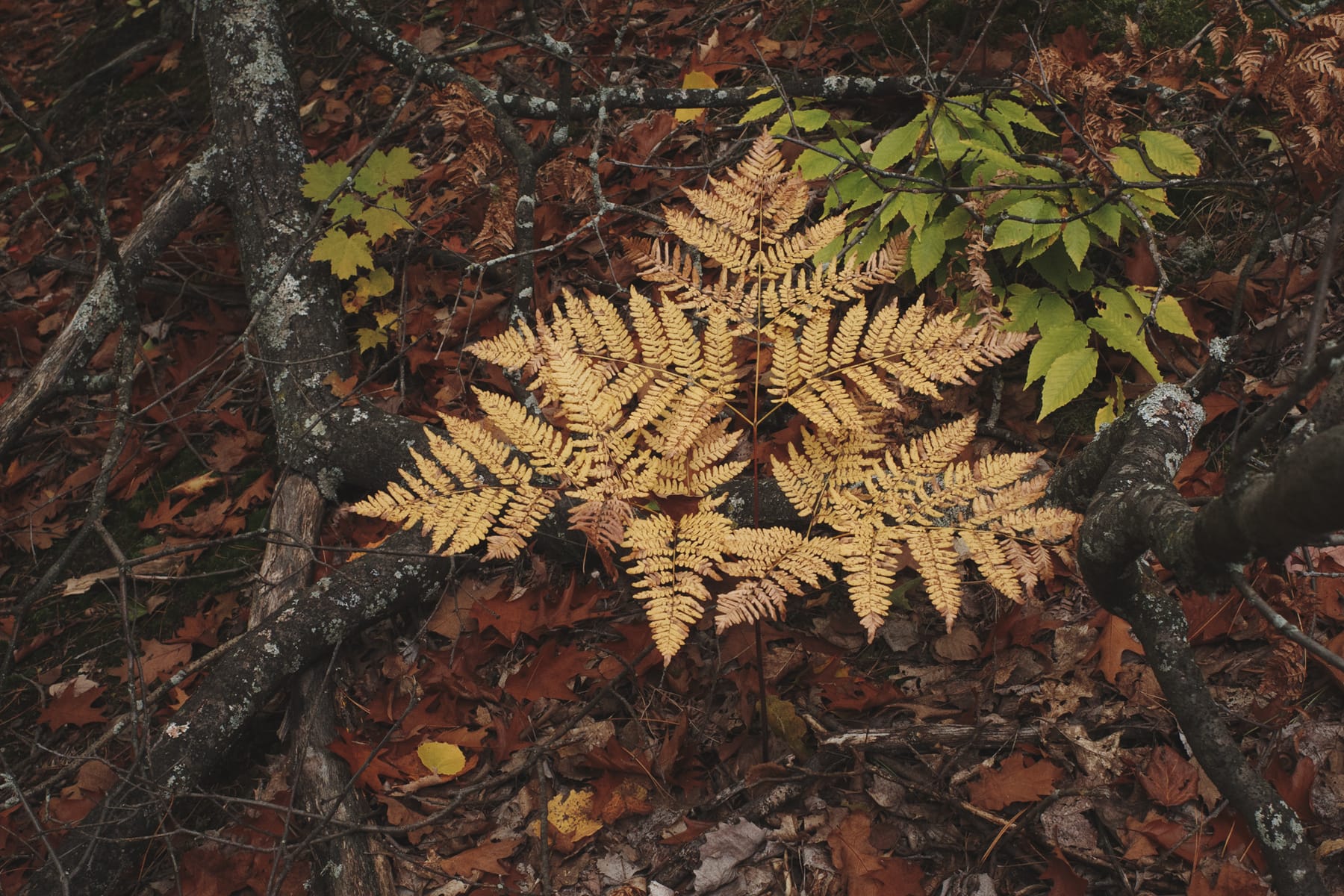Right before Thanksgiving I went to see my friend Alise read from her new poetry collection, What to Count. It was a salon-style event, with the theme of “mentoring,” and while I don’t remember this being part of the reading it’s in Alise’s book, from a poem called “Back to School”:
I went back to feel the pressure
spinning in circles, arms at sides, then
flat on the grass, book bag on chest
clouds beyond a wooden frame,
the worry, a structure held firmly in place.
Shane, one of the hosts, also added Gary Snyder’s “Axe Handles” to help guide the later discussion. One thing that came up: the reality that many career paths look very different today than when we (many in our forties and older) started out; what worked for me coming out of school does not necessarily work for someone in school right now. The first line in my notes says, not giving advice, just telling what happened. Maybe the best that, as a mentor, you can really impart on a mentee is not some generalizable advice but a personal story of idiosyncratic experience.
But that, like the Snyder poem, also has in it the power dynamic of master and apprentice, of a teacher transmitting knowledge to a student. As I’ve mentored folks for writing or, more recently, as a studio tutor for this year’s Building Beauty cohort, I’ve learned just as much about my own work and vocations by engaging with theirs.
As for the times I’ve been a mentee – actually, I’ve struggled with identifying mentors, both in terms of seeking them out and realizing, in the moment, that I’d had one. That there was a mentor relationship that wasn’t labeled as such. Chalk it up to fear, perfectionism, social anxiety, with needing clearly defined roles and not always knowing how to ask. An excuse I’ve made is that my interests are so varied, it’s been hard to find a mentor that I connect with on all the levels. But prodding that idea even a little topples it; you can obviously have many mentors, and mentorship can take different shapes.
My friend Diana wrote thoughtfully in 2014 about the challenges of defining this relationship. The salon made me look up and re-read her essay. Nine years later, I think the word’s meaning is even more convoluted. What do you call a YouTuber you follow and admire, who shares videos of their experience, who even responds to your question in a Q&A session on their Patreon? Is it a parasocial mentorship? Or is that stretching the word too far, and just describing the bigger encircling idea of a model.
In all my writing here about habits and routines comprising your selective environment, I’ve neglected maybe the largest factor(s): your models and mentors, the persons after which you pattern some vector of your own life, whether they were alive millennia ago or whether you talk to them on the phone every other week.
As Diana wrote, “if we set aside the word and go back to basic needs, mentoring starts to look like something much simpler: friendship.” Maybe mentor is the liminal space between teacher and friend. A bridge between differing experiences, built of mutual respect and vulnerability.
Or maybe I’m still angling too hard to pin down something that’s less a thing than a happening.
